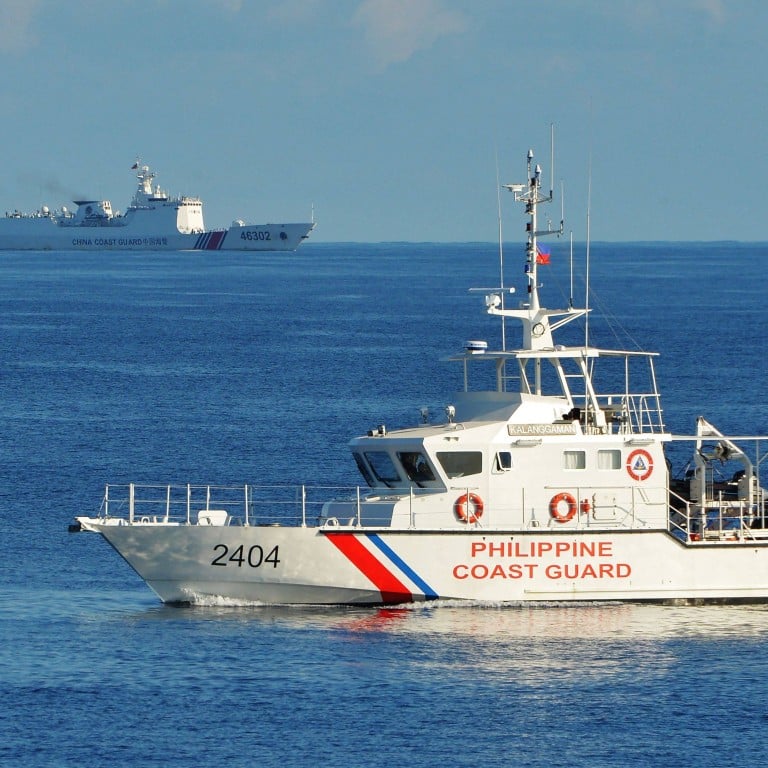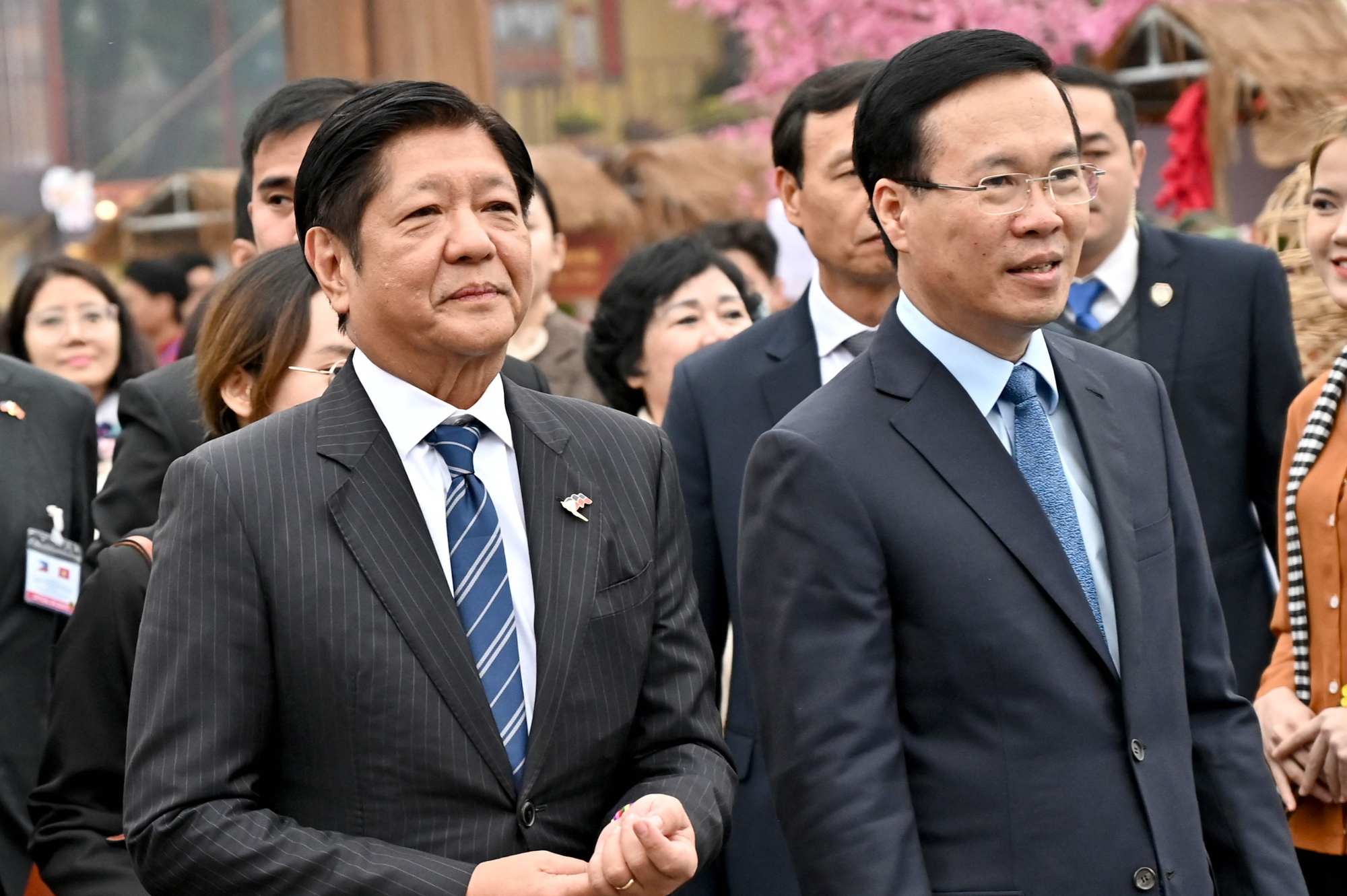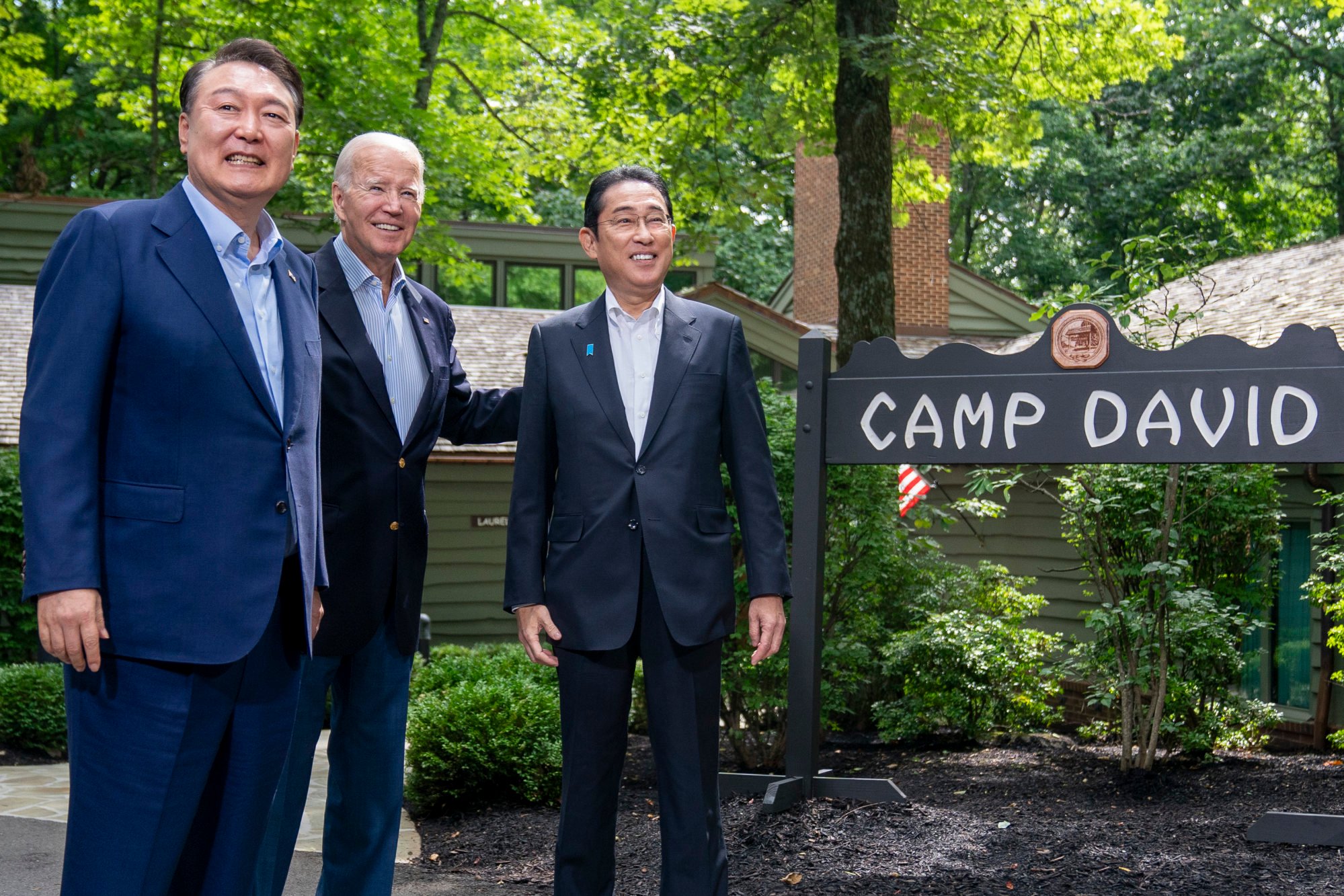
South China Sea: Vietnam and Philippines aren’t a ‘clique’ out to ‘sabotage’ Beijing
- China recently accused the two Southeast Asian countries of forming a ‘clique’ by broadening cooperation between their coastguards in the South China Sea
- It is a catch-all term used by Beijing to accuse actors of harming its interests and the ‘international order’, whenever it is called out for its behaviour
China has often made it clear that it opposes “cliques”, or countries coming together to counter, challenge or even undermine its interests.
Manila’s behaviour “will further complicate the situation in this region and sabotage political trust between all parties involved”, the newspaper said.

It is also a catch-all term used by Beijing when it feels isolated or threatened, or during times it is called out for its behaviour.

Asean can add momentum to Australia’s call for US-China detente: ex-minister
Both are also traditionally reliant on China for trade, investments, and supply chains, particularly in the case of Vietnam, where its manufactured goods are highly dependent on imported Chinese components.
In other words, these two countries have little to no incentive to provoke or anger China, at risk of retaliation from their bigger neighbour.
Yet, they have reached out to each other to establish a communication hotline and share information between their militaries amid their ongoing skirmishes with Beijing in the South China Sea.
The modus operandi of “cliques” has been altered, from stronger Western nations coming together to counter China, to smaller, weaker countries doing likewise, and arguably at greater risk to their more vulnerable economies.
While Beijing will publicly continue to denounce “cliques” of any hue, privately it should ask itself why its smaller neighbours – far from “perfidious” and with little or no desire in “destroying the international order” – have banded together to purportedly challenge its interests.
Maria Siow is a senior correspondent at the Post’s Asia desk.

